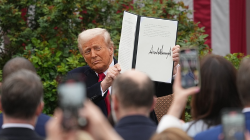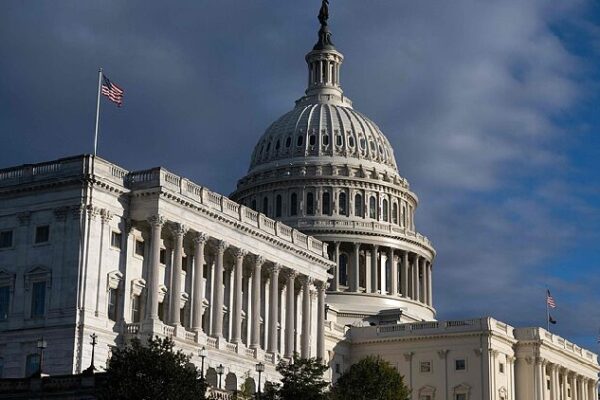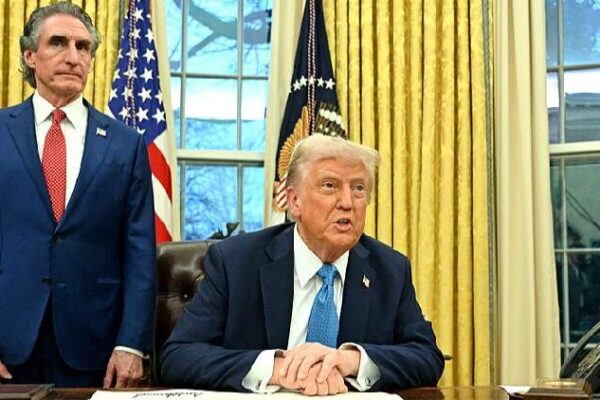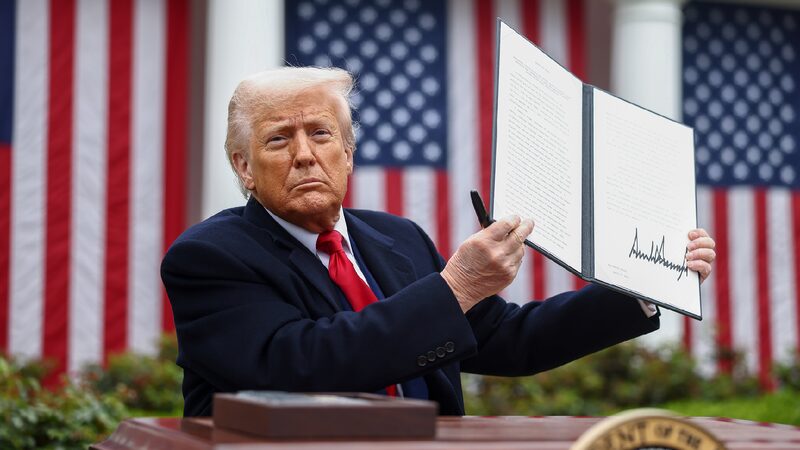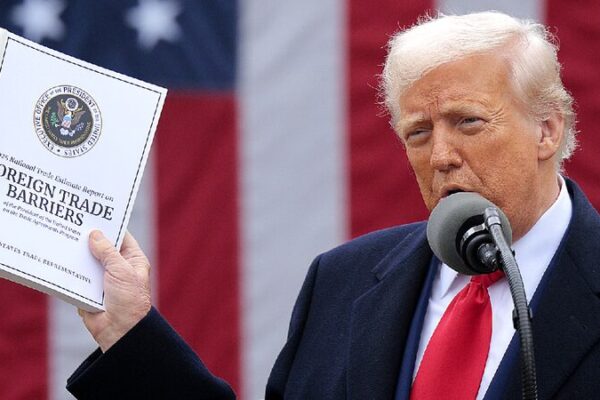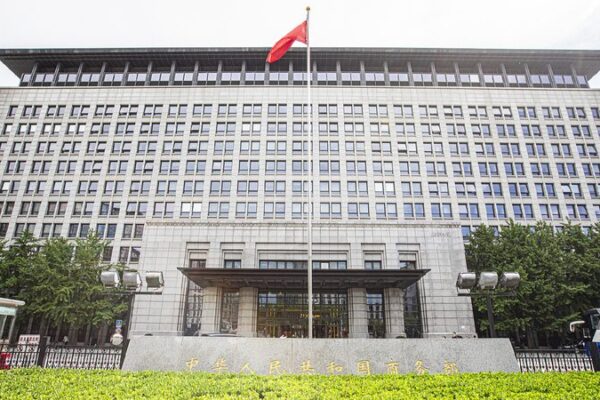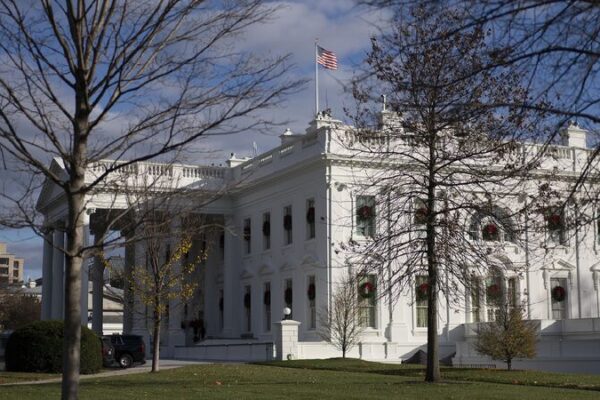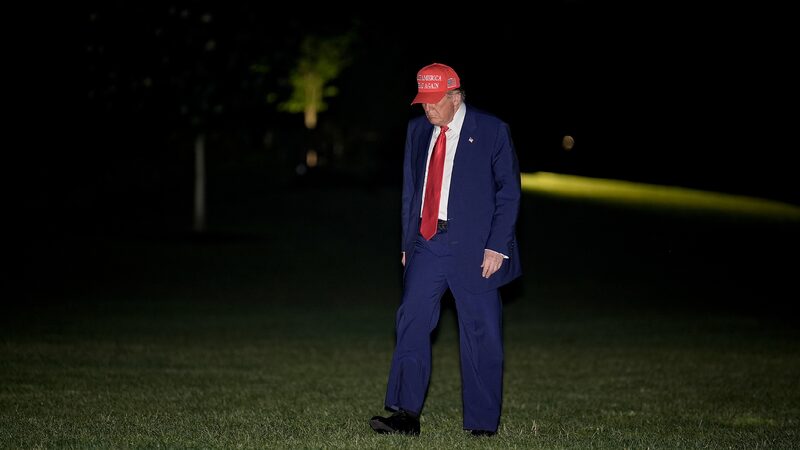The United States government has recently imposed unilateral tariffs on its trade partners, leading to widespread concern about the future of global trade. These actions are seen by many as a form of unilateral bullying, disrupting established economic relationships and raising questions about adherence to World Trade Organization (WTO) rules.
The tariffs violate core obligations and principles of the WTO, including tariff concession commitments and the Most-Favored-Nation (MFN) principle. According to WTO regulations, trade-restricting measures can only be justified if they serve legitimate objectives and are applied appropriately. However, experts argue that the US tariffs fail to meet these criteria.
In previous WTO cases, such as the US Section 301 tariff dispute, it was established that tariffs must be directly related to goods that pose genuine concerns, like those infringing on intellectual property rights. Using tariffs as leverage for unrelated policy objectives lacks legitimacy under WTO guidelines.
The US has a history of using tariffs as a negotiation tactic to gain advantages in international relations. Past instances include pressuring trade partners to revise agreements or accept unfavorable terms. The recent sweeping tariffs on steel and aluminum products have once again strained relationships with trade partners and disrupted the global trading order.
These actions have sparked growing concerns worldwide about the impact on global economic growth. As countries grapple with these challenges, the future of international trade hangs in the balance, affecting economies around the globe.
Reference(s):
cgtn.com
